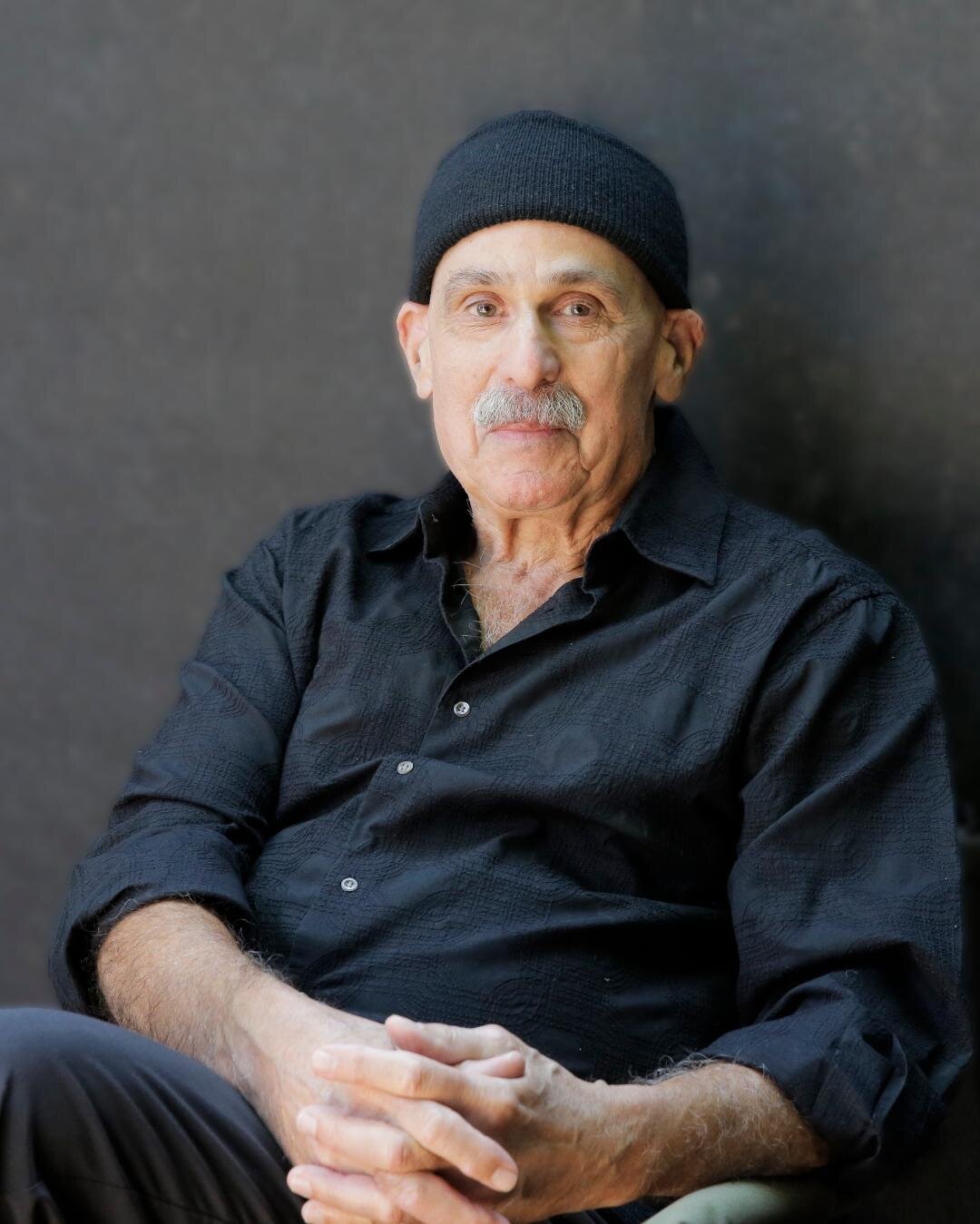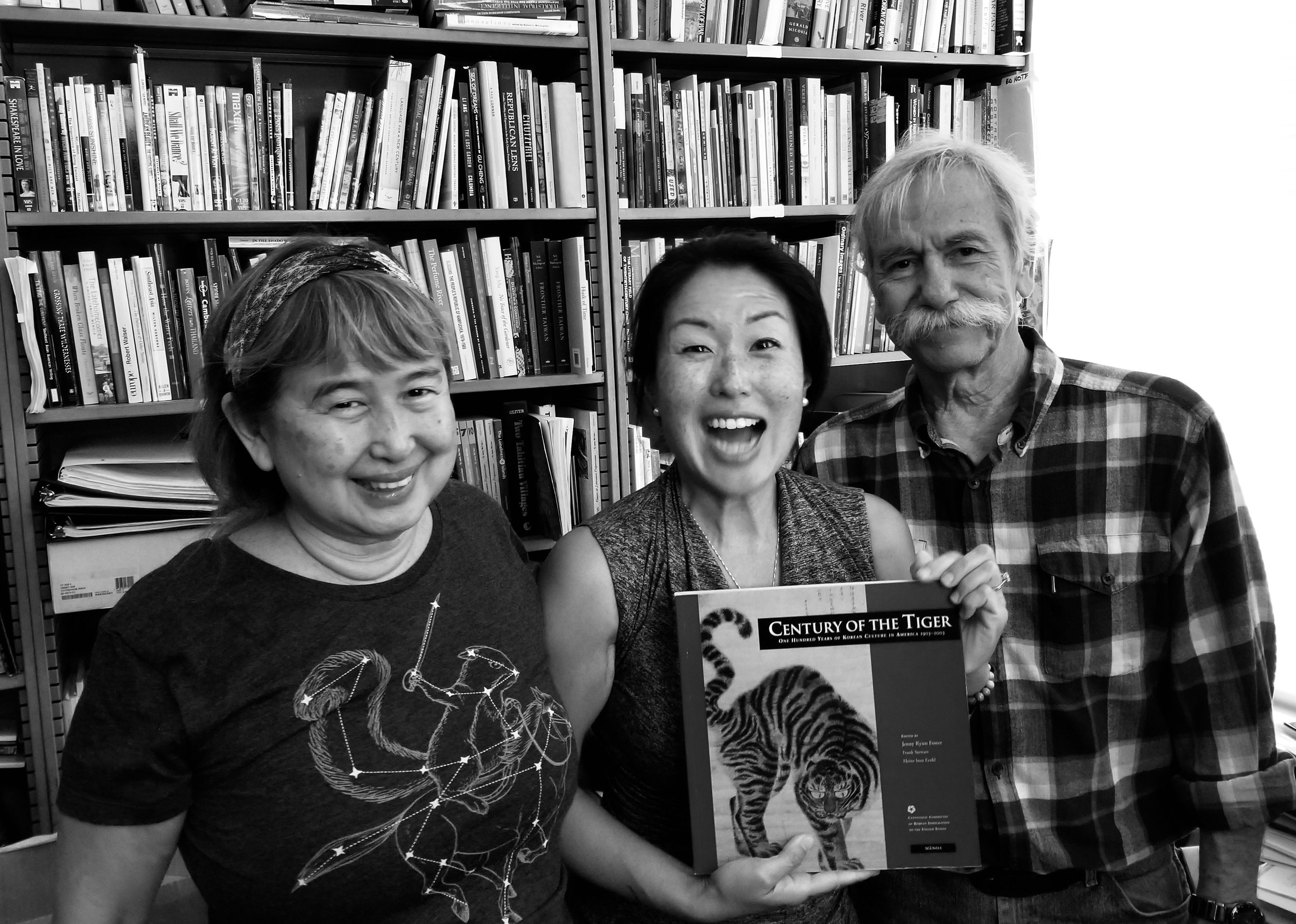The Child is the Father of the Fantasy

Manboy: a male who develops in relative isolation, cultivating fantasies about women.
The main character of Angela Nishimoto’s novel Isabella’s Daughter, David Boyland, is one. And if Nishimoto’s tale of Boyland, a haole who grew up in Kalihi with a single mother and who received a scholarship to an elite private school, has some familiar tropes, what gives this story its unique twist is Boyland’s decades-long obsession with a girl he met when they were teenagers. If he could win Isabella Rainey, he thinks, he could gain the world.
Like many a romantic, Boyland believes that the life that is rightfully his will become so once he possesses his true love. He’s on the mainland finishing graduate school when he receives news that his mother’s dementia has worsened and he must return to Hawaiʻi. His close friend, Oscar Taniguchi, whom he has known since they were children, recommends him for a job at the private school. A prominent lawyer, Oscar sits on the board and is influential enough to get Boyland, now forty, a job as a counselor to the students in the upper grades. In this position, he advises Rainey’s daughter, Elizabeth Rainey Sutton, who is as beautiful and beguiling as her mother.
Boyland describes himself as being “five-feet ten-inches tall, about 160 pounds, in good physical shape. I have broad shoulders, narrow flanks. I can state that I have always been considered good-looking, though that judgment doesn’t always seem real to me.”
Soon biology competes with psychology—helped by Beth’s own attraction to him—and Boyland’s personal code of conduct begins to erode. He begins looking for information on her and her family:
It was risky doing these searches in my office. I could have been caught at any time. But my emotional turmoil necessitated action. I required the information like I needed air—to breathe, to live.
Each of them is lonely, deprived of a loving relationship, and finds the other physically and intellectually attractive. When Beth turns eighteen, they become lovers.
Dreamily she said, “I always knew that it was gonna be special for me. I always knew that a man just like you—exactly like you—would be there.
Later Boyland fears the worst has happened and goes to a drugstore to buy a home pregnancy test, where he bumps into Beth’s mother and stepmother separately. Nishimoto doesn’t explain why these women in the upper echelons of society are also shopping at the drugstore, but the awkwardness of the encounters makes us uneasy too.
Five people behind me, being joined by a sixth. Isabella, in a black and white palaka-print dress. I coughed and made a grab for my inhaler, turning away from the mirror. I took two puffs with shaking hands, my shoulders shaking too—I felt an approaching full-on panic attack.
A couple of other author tweaks to reality move the plot along. Beth and Boyland go to a clinic where he poses as her father using Stephen Sutton’s Social Security number and driver’s license, and these are sufficient to allow her access to health care. On getting confirmation she is pregnant, Boyland convinces her to get an illegal abortion:
At last she saw my point. That’s a bald-faced lie. I just wore her down. After I had used my dramatic skills to the extent of their range and swore and shouted and strode up and down, back and forth in my small living room and kitchenette, building to a crescendo, wild-eyed, tearing at my hair, she finally buckled, agreeing to my proposition.
“You know, David? David Darling,” she said, when she was able to speak, sniffling and wiping the stream from her eyes. She tried to smile. “I always knew that it would be like it was. For me. You know? That first time. Like something from a story.”
“Of c-course. Yes.” I wrapped an uneasy arm around her shoulder. Her cries had been the precious offering of her tender first fruits, the beginning of this phase of Beth’s life. Who would have thought that such a beautiful, healthy hoyden would have been untried? I was irritated at being reminded of this, as if some kind of bug had crawled under and invaded my skin, finding a fitting home there, turning me into a different kind of creature, a changeling. A demi-devil, a bastard one. A thing of darkness.
Though the trip to the doctor’s office would need to happen without incident, it is not handled well. Payment for the abortion is delayed until the operation, and a student from the school walks through the building, seeing Beth and Boyland. It’s unlikely that these things would happen in real life. A doctor who is doing something illegal would try to protect his practice and reputation by ensuring that all details are taken care of beforehand and that nothing is left to chance. If this had been more realistically constructed, it would have been more convincing.
Boyland loses contact with Beth here and, wondering what’s happened, demonstrates a cloddish lack of empathy and self-awareness. He is sealed in a column of childish focus, wrapped in the sticky arms of fantasy, a manboy still believing his kingdom is waiting for him.
I resolved to make amends with Beth. Maybe we could still be friends. And since she was no longer a minor, who could say? Certainly, she was lovely, intelligent, funny, healthy. She’d recover from this unfortunate patch in no time, I was sure. The young are nothing if not resilient.
…
I told myself that she couldn’t have understood why I’d left her at the medical building alone. It would be entirely within her rights to be angry at me. I sent her a dozen long-stemmed yellow roses with no card. She’ll get over it.
It’s when he discovers the roses at his cottage with their heads lopped off that a different phase of his life begins. He later learns that Beth has contacted Viola Tyau, the mother of her friend Stussy, and that Mrs. Tyau has notified others of Beth’s pregnancy and relationship with him. He is summoned to the office of Benten McClean, the headmaster, and there all that he has been fearing—and more—happens. Beth’s parents and stepparents are also present, and her father in a burst of anger steps up to Boyland and punches him in the face. When Oscar appears, he negotiates a settlement: the school will say nothing against Boyland to prospective employers if he will bring no charges against Stephen Sutton. Bleeding, he is dismissed from his job and told to remove his possessions from his cottage. As he stands in his bathroom and washes the bloodstains from his shirt, he weeps over all he has lost.
In the last few pages of Isabella’s Daughter, Boyland finally becomes a man: “There is no fool like an old fool, they say. And I can testify bitterly first-hand that there is also no fool like this middle-aged fool.” He is given sanctuary by Oscar in a Waikīkī condo Oscar owns, and alone, he must face a brave new world without illusion. He has learned enough about himself to know that he cannot be the man Beth deserves.
Already, at eighteen, she was outgrowing me. So distant—in another universe—something that had been almost certain to occur eventually. It’s the nature of relationships like the one we had—so rarely do they work out. I just hadn’t thought it would happen so soon after we’d just barely started. We were strangers still, after everything; we hardly knew each other.…
I realized, finally, that my charged obsession had turned me into a virtual stalker—that’s how the world would see it. And I was much more conventional than I’d liked to think.
He comes to terms with the magnitude of his losses and the true measure of himself, and to comfort himself, he tries to imagine the kind of future it is within his power to fashion:
I possessed hope against hope that my lover-girl would bear a son who could be the bridge by which I could travel back, back, back—to reach for the heights of my gold-crowned Gloria Mundi. The one who called me back to life. The one who awakened me from more than twenty years of sleepwalking, restoring me to my destiny—whatever it would be.
As I expanded into a kind of ease with my lot, I was soothed by the sounds of the surf and splash, never-ceasing ocean waves.
Like many men who make the kind of mistake Boyland has made, he still doesn’t understand that it is his responsibility to help repair the social fabric, to regenerate trust where it has been diminished. In recent years, there have been instances of intimate relationships between teachers or coaches and students at private schools in Hawai‘i. When these are made public, it’s usually because of emotional or psychological injury to the students, and the injury is not restricted to the young people but felt by the community.
Isabella’s Daughter
by Angela Nishimoto
Pueo Press, 282 pp.
Angela Nishimoto began writing Isabella’s Daughter, her first novel, about twenty years ago. She revised it extensively last year, and it was published to high praise by Pueo Press. She has a master’s degree in botanical science from the University of Hawaiʻi at Mānoa, taught botany and biology for 24 years, and is now working on a short-story collection, Alien Species: Hawai‘i Stories. Learn more at angelanishimoto.com.
Banner image by Gregory Hayes. Author photo courtesy of Angela Nishimoto.
Pat Matsueda is managing editor of Mānoa: A Pacific Journal of International Writing (University of Hawai‘i Press). She is the author of Bedeviled and Stray and founded the series Ms. Aligned: Women Writing About Men.






